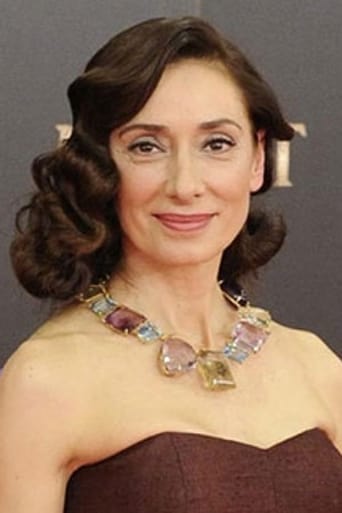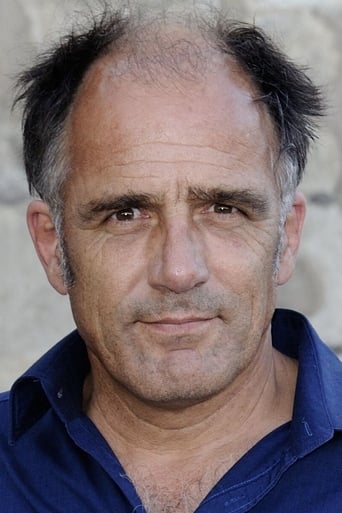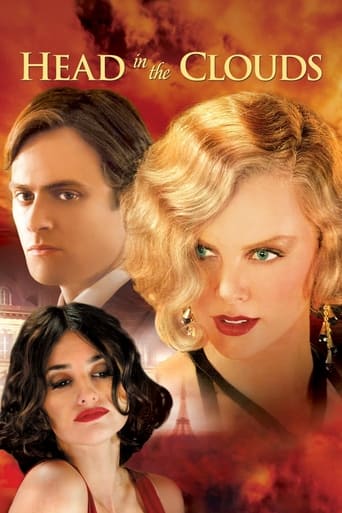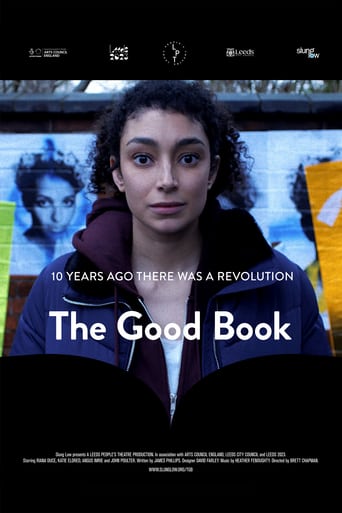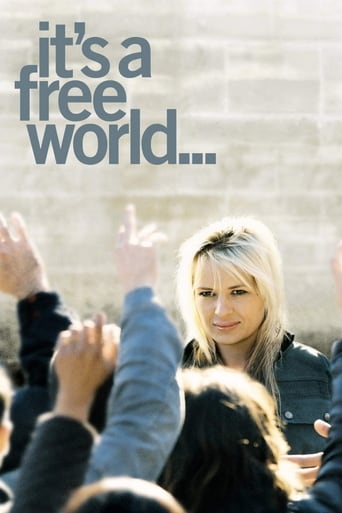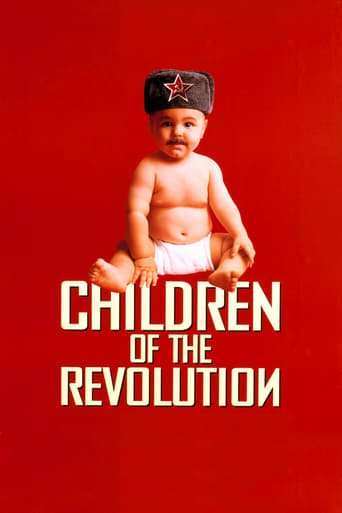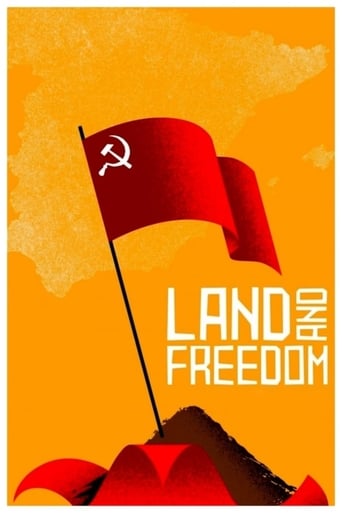
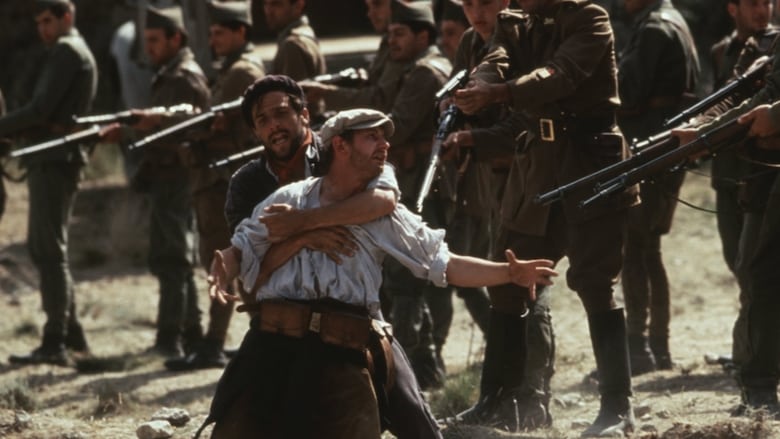
Land and Freedom (1995)
David Carr is a British Communist who is unemployed. In 1936, when the Spanish Civil War begins, he decides to fight for the Republican side, a coalition of liberals, communists and anarchists, so he joins the POUM militia and witnesses firsthand the betrayal of the Spanish revolution by Stalin's followers and Moscow's orders.
Watch Trailer
Cast
Similar titles
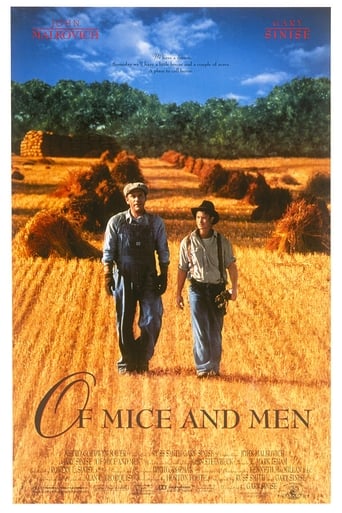
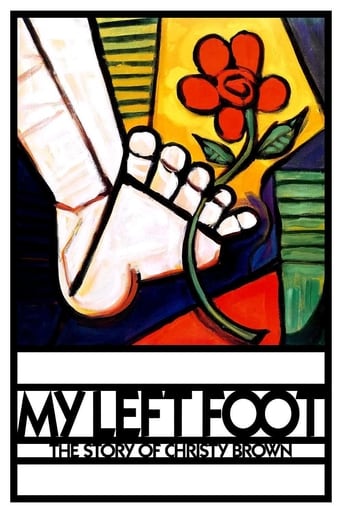
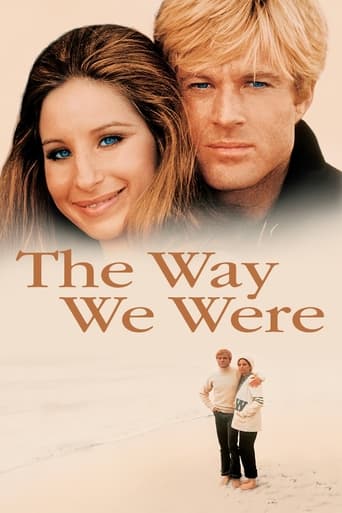
Reviews
I like the storyline of this show,it attract me so much
Redundant and unnecessary.
Really Surprised!
By the time the dramatic fireworks start popping off, each one feels earned.
Ken Loach's 'Land and Freedom' borrows heavily from Orwell's 'Homage to Catalonia' in telling us the story of the Spannish civil war. It's nicely executed, although, telling the story from a foreign perspective, it's relatively brief in its depiction of how the country fell into war. But it doesn't shy from exploring the "revolution or order" debates that ultimately split the Republican side (and which ended with the Stalinists settling the issue in blood on the side of order). There's less romanticism here than in some Loach movies and the film is better for it, but the structure is perhaps too simple, the hero's varying feelings for a woman serving as a stand in for his whole emotional involvement in what's happening around him. It's a good film, but it's less interesting than reading Orwell, who had the fortune (if that is the word) to be able to tell history without hindsight, and from experience first hand.
This is a very powerful film, but it helps if the viewer has some background knowledge of the subject. The film is very serious and very political, and the Spanish Civil War was inextricably bound up with politics, both national and international.This is not an easy film to watch, because the subject is a painful one for the Loyalist supporter, as the original spirit of the working class people fighting fascism gives way to internal power struggles and hopeless division. As the young leftist hero writes to his girlfriend back in England, " The Fascists must be having a bloody good laugh at us".There is some welcome relief in the form of bawdy humor and tender romance, but the sense of tragedy forever linked to the war in Spain is unavoidable. The movie ends on a note of recognition of heroism and sacrifice that is quietly effective. Well worth seeing, for anyone interested in the history, or just a good drama of love and war.
This film is structured basically the same way as Loach's most recent work, "The Wind that Shakes the Barley": a group of people manage to successfully win a battle against an enemy regime, and then starts to faction and dissolve slowly, eventually culminating in tragedy. "Land and Freedom", however, is a bit stronger and a lot smarter.It's obvious from these two movies that Loach is a leftist, but unlike most people who make political works for one side or the other, Loach has a strong understanding of the failings and weaknesses of his own politics. His movies often have moments of straightforward political debate, but he never lets any side seem less important than any other. He is one of those rare people who can analyze all of the issues from many directions, and underline the most important parts of what each side needs and what each side can't have.Loach also has a technique of making initial moments of militarism or violence seem rather childlike, like boys with toy guns running through hillsides and enjoying each other's company. These moments always precede direct damage to members of the group, and in "Land and Freedom", seeing the militia slowly fall apart is very disturbing. Loach also cleverly illustrates the difficulties of revolution from the perspective of the volunteers, as they start fighting for one cause and then find themselves on the opposite end of the barrel against their friends and neighbors.I've only recently begun watching the movies of Ken Loach, but I really admire the way he writes and directs his movies. He is definitely a very important filmmaker.--PolarisDiB
I think this is the first film about the Spanish Civil War since For Whom The Bell Tolls. Which would have been good, if it hadn't chosen to bang the Trotskyist drum and ignore the real fighters.It starts with an historic blunder - the rising was not led by General Franco. It was organized by General Mola and General Franco sat on the fence till the last minute. But the Military-Rightists - not all fascists - had the sense to rally round their most successful leader.The important front was Madrid, which held off the enemy till the very end. POUM, whose tale is told in this film, were a small force on a front that barely moved throughout the war.That a Communist Party member should accidentally join POUM is no more likely than a Free Presbyterian accidentally taking Catholic communion. Besides, the Communist Party had a well-organized network taking members and sympathizers to the International Brigades. POUM had a smaller network which in Britain was linked to a body called the Independent Labour Party, which is how George Orwell got there. The hero's adventures in Spain somewhat shadow Orwell's, but have been reinvented to make him more likable, I suppose.The telephone exchange was taken over because the Anarchists were tapping everyone's phone. This was done with the authorization of the legal elected government of Catalonia, a government trying desperately to rally military power against the Fascists, who were methodically conquering one Republican enclave after another. The bombing of Guernica and the fall of the Basque Republic occurred at much the same time. A bloody stupid time for leftists to get into a fight with an anti-Fascist government, I'd have thought.

